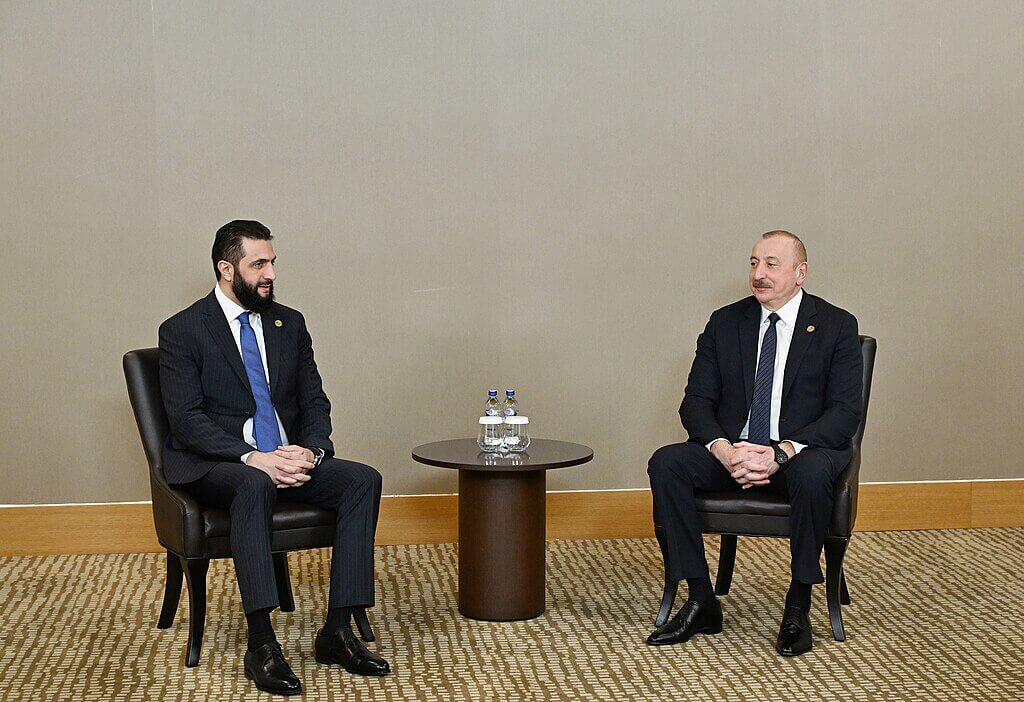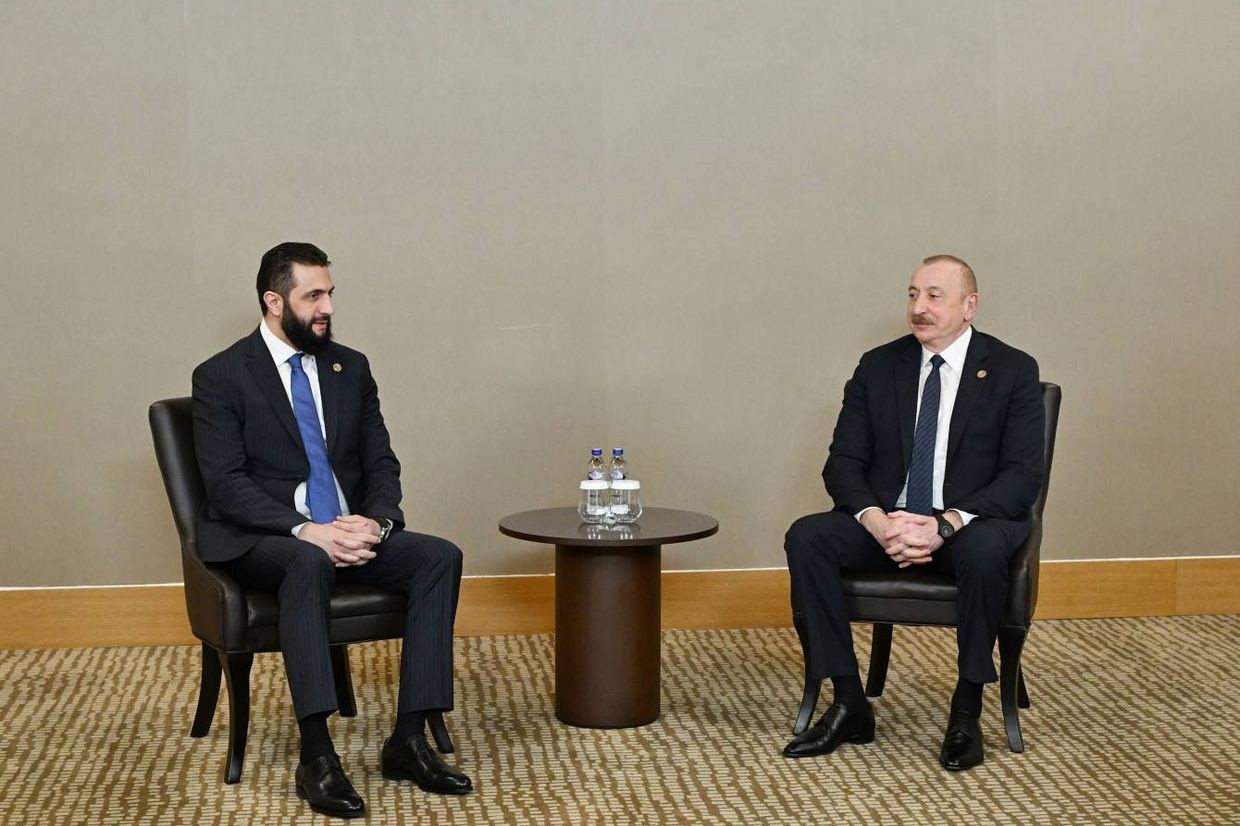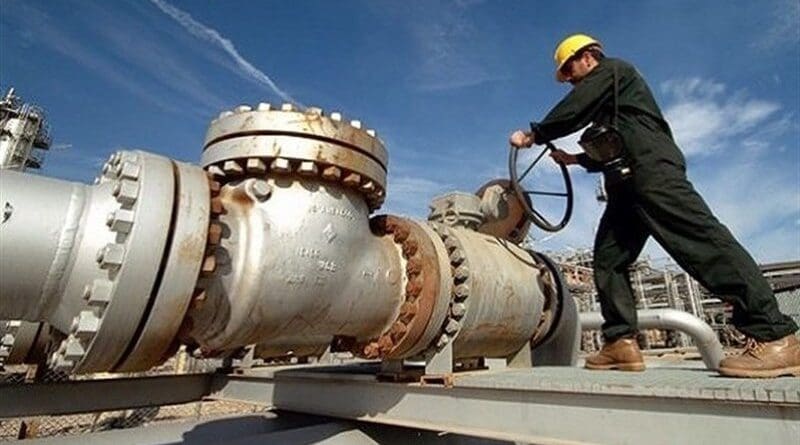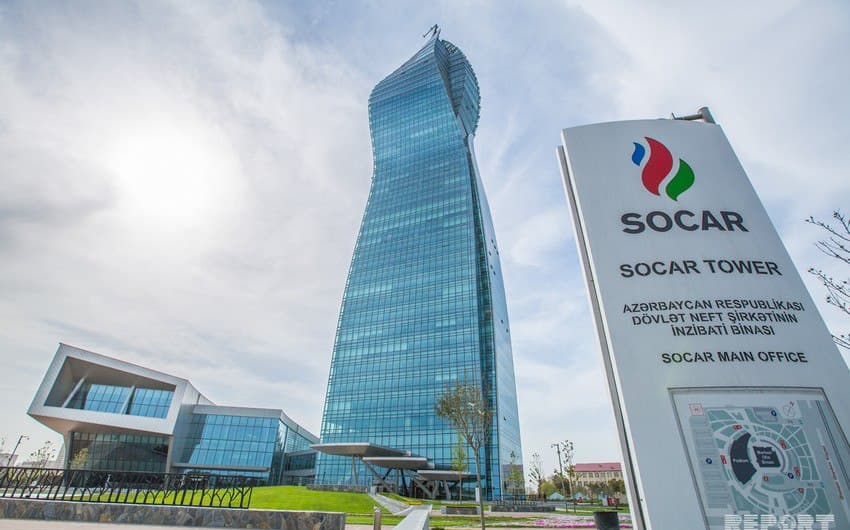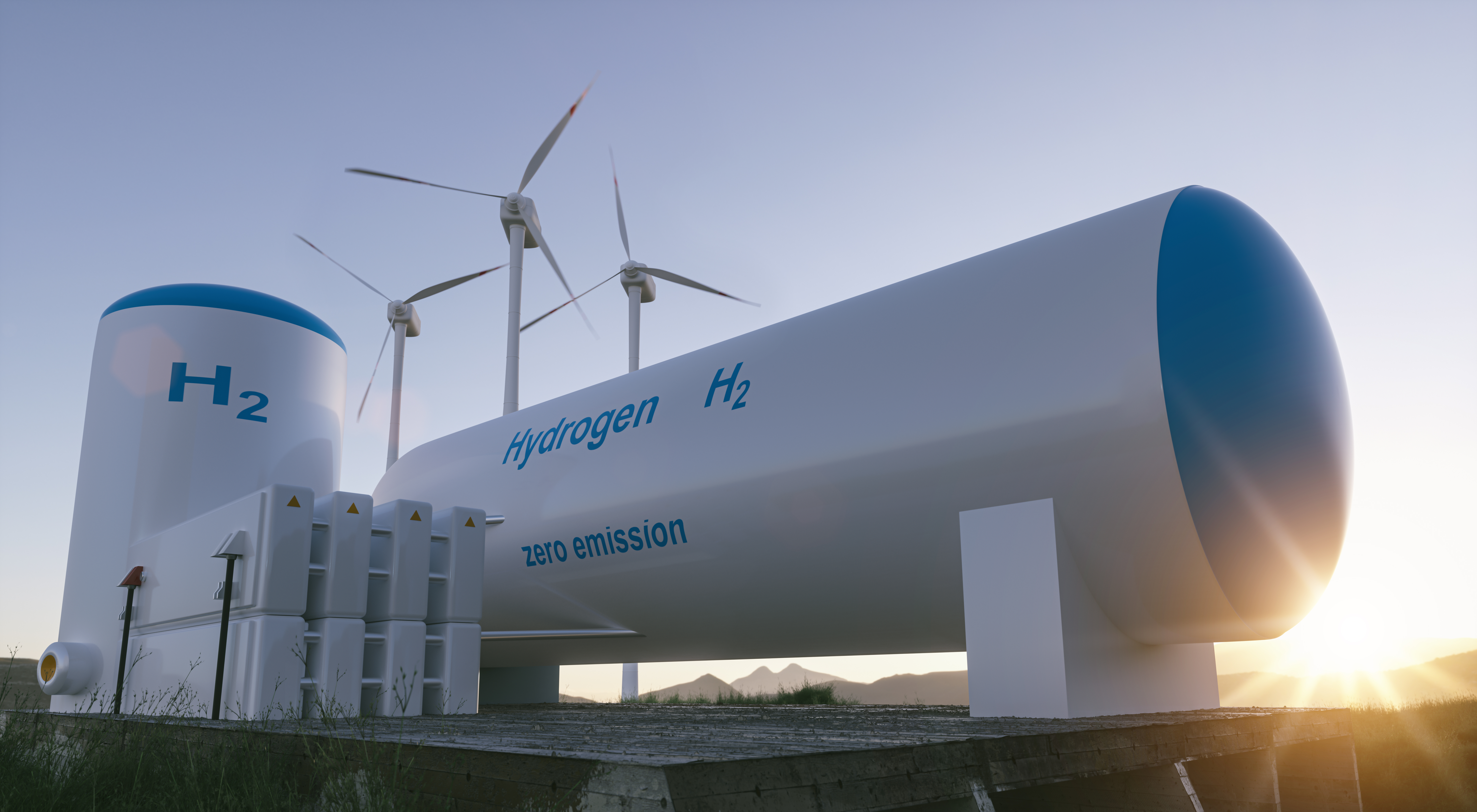
Russian drones attacked an oil depot in Odesa in Ukraine on August 17. That’s not unusual, but that night’s target was notable in one important sense — the Kremlin struck high-profile infrastructure owned by SOCAR, Azerbaijan’s state oil company.
This was no accident. Russia had attacked the same SOCAR facility in Ukraine on August 8. Taken together with a series of other events, it has become clear that Putin’s men are sending a message. That comes at some risk to themselves and potential benefits for Ukraine.
These weren’t the first or even the most serious Russian acts of hostility against the energy-rich South Caucasian nation. On Christmas Day, Russian missile batteries shot down a scheduled Azerbaijan Airways plane, killing 38 people. The incident caused uproar, not least because while the missile firing may have resulted from mistaken identity, Russian air controllers refused the badly damaged aircraft permission to land.


